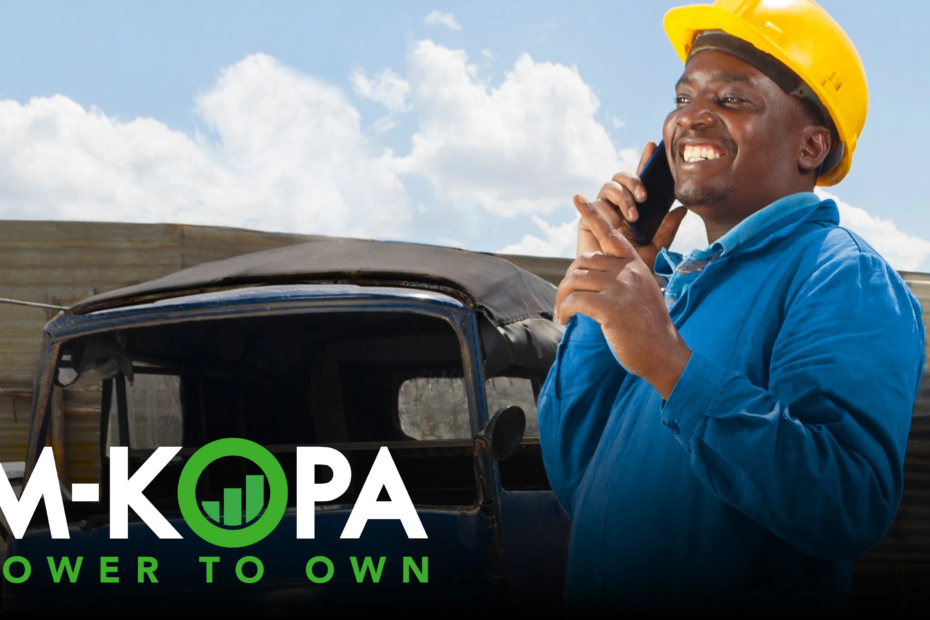Africa’s technological scene is booming, and 2023 has proven to be a groundbreaking year for innovative ventures across the continent. With a growing population, increasing access to technology, and a thriving business landscape, Africa has become a hotbed for startups looking to make an impact. In this article, we will take a closer look at the top 10 rising giants in Africa’s startups ecosystem based on the funding they received.
MNT-Halan – $400 million
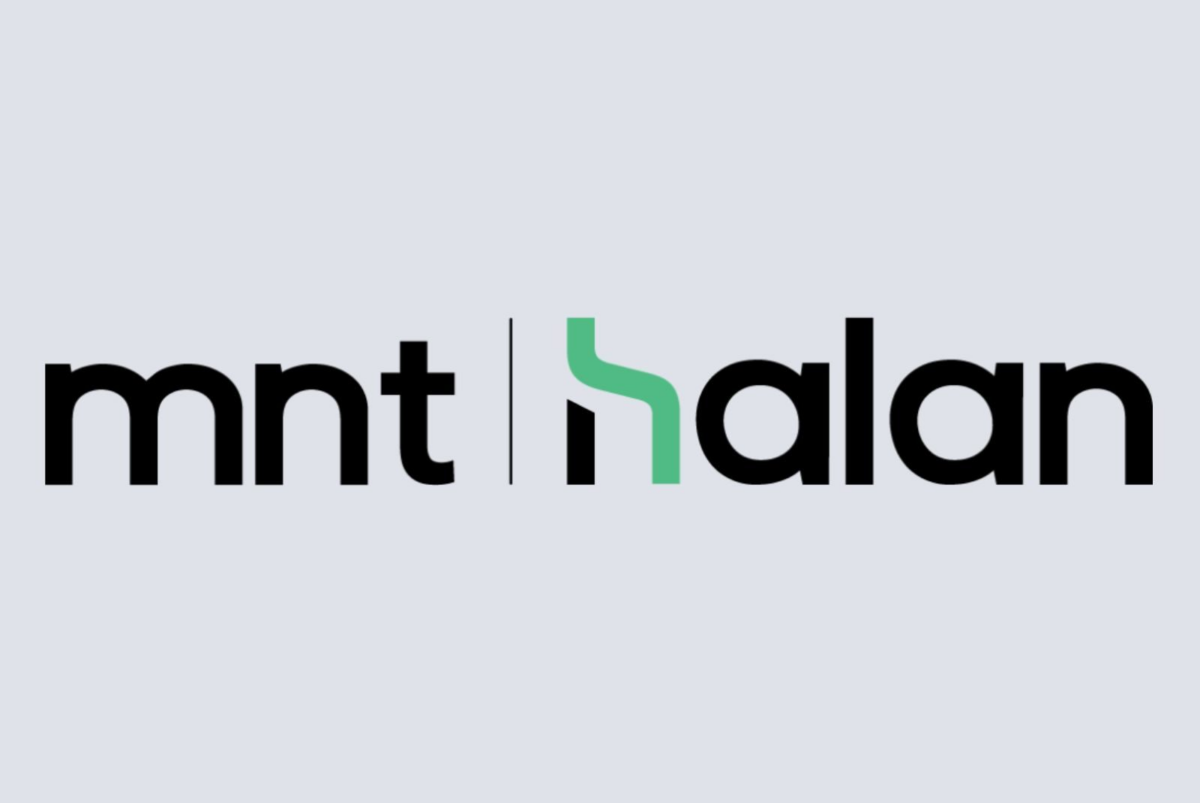
Leading the pack is MNT-Halan, an Egyptian fintech startup that received an impressive $400 million. MNT-Halan caters to underbanked consumers and small businesses, offering a diverse suite of digital financial services. From micro-loans and bill payments to a digital wallet and e-commerce platform, MNT-Halan leverages technology to create accessible financial solutions. Its remarkable growth is a testament to the potential of fintech in Africa, where traditional banks still underserve many. Read Also: Top five cheapest African countries to do business
M-KOPA – $250 million
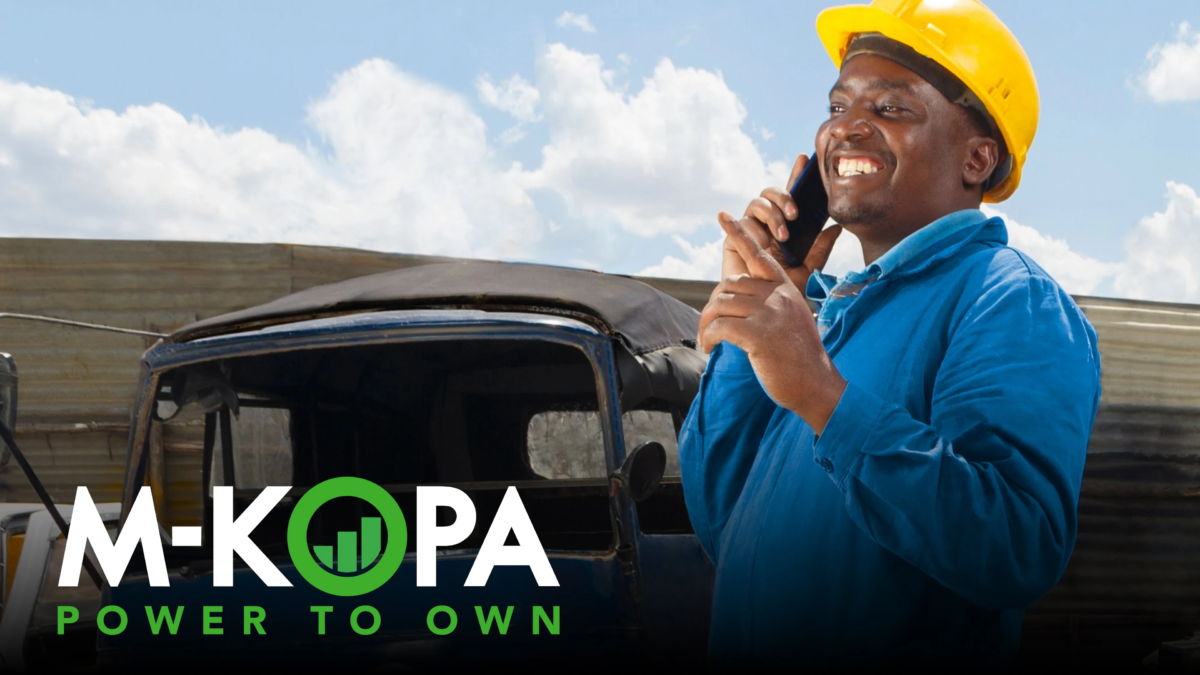
Not far behind is M-KOPA, a Kenyan-based startup with a funding of $250 million. M-KOPA is revolutionizing the renewable energy sector by providing affordable, pay-as-you-go solar power systems to households in East Africa. Their innovative business model, which relies on mobile payment systems, enables low-income households to access clean energy, replace harmful kerosene lamps, and reduce carbon emissions. The company also offers a higher purchase system that seeks to enable the less fortunate to acquire power appliances and phones. This approach not only fosters sustainable living but also contributes to financial inclusivity by making renewable energy affordable for all.
Husk Power – $103 million

In third place is the energy powerhouse, Husk Power, with a solid funding of $103 million. Based in Tanzania, Husk Power specializes in transforming waste materials, specifically rice husks, into a reliable source of electricity for rural communities. The startup has effectively addressed two critical challenges – waste management and energy supply – through an innovative and sustainable solution. This eco-friendly approach not only supports the continent’s green initiatives but also provides an affordable and reliable energy option for thousands of homes and businesses. The success of Husk Power underlines the potential for waste-to-energy solutions in Africa’s growing green economy. Read Also: Tanzania’s Efforts to Build Climate Resilience
Planet42 – $100 million

The ride-hailing service Planet42 takes the fourth spot with a funding of $100 million. Originating in South Africa, Planet42 has revolutionized urban transportation by providing an inclusive car subscription model that primarily caters to the underbanked populace. With a focus on technology and data-driven risk assessment, the startup enables individuals with potentially limited access to traditional financial resources to subscribe to a car and eventually own it. The success of Planet42 illustrates the power of technology in breaking down socio-economic barriers, promoting financial inclusivity, and transforming urban transportation.
MOOVE – $84 million
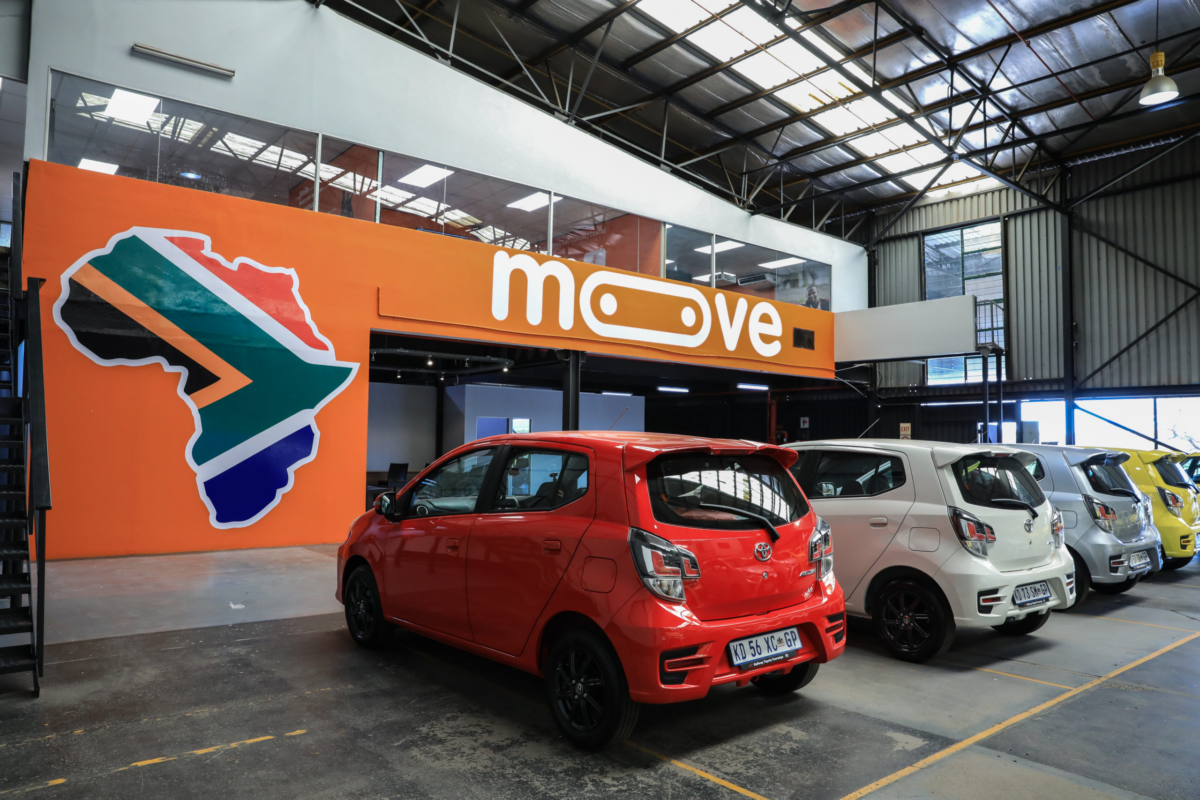
Another transportation-oriented startup making waves in Africa is MOOVE, which got funding of $84 million. This innovative venture, known for its flexible vehicle financing model, is changing how Africans finance and own cars. MOOVE partners with ride-hailing platforms to provide revenue-based vehicle loans to drivers, thereby promoting financial inclusion and enabling a new generation of Africans to become vehicle owners. This unique model, which ties loan repayment to earnings, reduces the financial burden on drivers and exemplifies how innovative startups are creating solutions tailored to the unique challenges of the African market.
Wetility – $48 million

With funding of $48 million, Wetility has secured the sixth position in Africa’s top startups for 2023. Wetility is a company that aims to revolutionize the energy sector by providing solar energy solutions for homes and businesses. The company’s vision is to create an ecosystem where homeowners and small businesses can generate their own electricity and even trade any excess power, representing a new partnership with utility companies rather than a replacement. Wetility offers solar subscription and lease options, with a focus on Southern Africa, particularly South Africa. Wetility also provides remote monitoring and management systems for its solar installations, along with a client-facing platform accessible via the We-X App. The company is post-Series A in its development and has installed its hybrid solar PV system in several hundred homes in South Africa.
Nuru – $40 million

Securing the seventh spot with a sizeable funding of $40 million is Nuru, a revolutionary startup based in the Democratic Republic of Congo. Nuru’s mission is to address the energy crisis in the DRC by providing reliable and affordable access to electricity. Partnering with MetroGrid, Nuru has embarked on an ambitious project to build a 3,000 MW hydroelectric plant on the Congo River, potentially electrifying the entire country. This game-changing venture not only underscores Nuru’s commitment to alleviating energy poverty but also highlights the transformative potential of sustainable energy solutions in Africa’s development journey. As per Energy Alliance, Nuru’s innovative approach to energy infrastructure can serve as a model for other African nations grappling with similar challenges.
Sabi – $38 million

Sabi takes the eighth spot with a funding of $38 million. As a Nigerian-based startup, Sabi is revolutionizing the small business sector by providing a simplified online marketplace for small businesses to showcase and sell their products. By offering an accessible digital platform, Sabi is helping to bridge the gap between local entrepreneurs and consumers, fostering a vibrant e-commerce ecosystem. Sabi’s success signifies the transformative power of digitization in boosting local economies and enhancing the visibility of small businesses.
Lulalend – $35 million
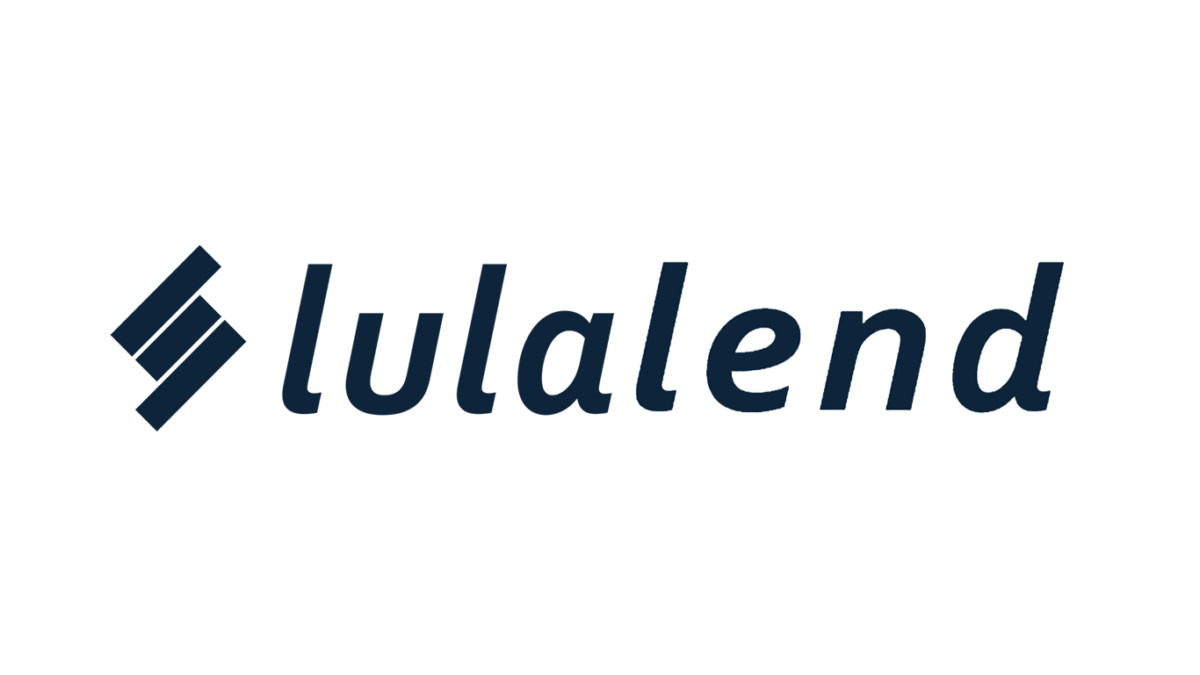
With a solid funding of $35 million, Lulalend, a South African-based fintech startup, has secured the ninth position among Africa’s top startups. Lulalend is dedicated to transforming the financial landscape for small and medium businesses, which often struggle to access swift and flexible funding options. Leveraging innovative credit scoring technology, Lulalend can offer quick, short-term loans to businesses, supporting their growth and stability. The success of Lulalend demonstrates the significant role of fintech in enhancing financial inclusion, supporting entrepreneurship, and, ultimately, fostering economic growth across the African continent. Read Also: Reshaping the Future: Tanzania Takes the Lead in 3D Printing Revolution
Victory Farms – $35 million

Victory Farms, matching Lulalend with a funding of $35 million, rounds out the top ten African startups. Based in Kenya, Victory Farms is committed to sustainable aquaculture, specializing in the breeding and distributing of high-quality, affordable fish. Their innovative approach focuses on environmentally responsible methods that enhance local biodiversity and conserve water resources. By employing a vertically integrated business model, they control every stage of the production process – from breeding to harvesting and distribution. This enables them to maintain quality, reduce costs, and ensure a steady supply of nutritious fish to local markets. The success of Victory Farms exemplifies the potential for sustainable, technology-driven solutions in Africa’s important agricultural sector.
Bottom Line
These startups have not only shown remarkable growth but also exemplify the spirit of African innovation, promising a bright future for the continent’s startup ecosystem. With a focus on leveraging technology and addressing pressing challenges, these startups are paving the way for economic growth, promoting inclusivity, and transforming traditional African industries. As they continue to expand and make an impact, it’s clear that the African startup scene is one to watch.

